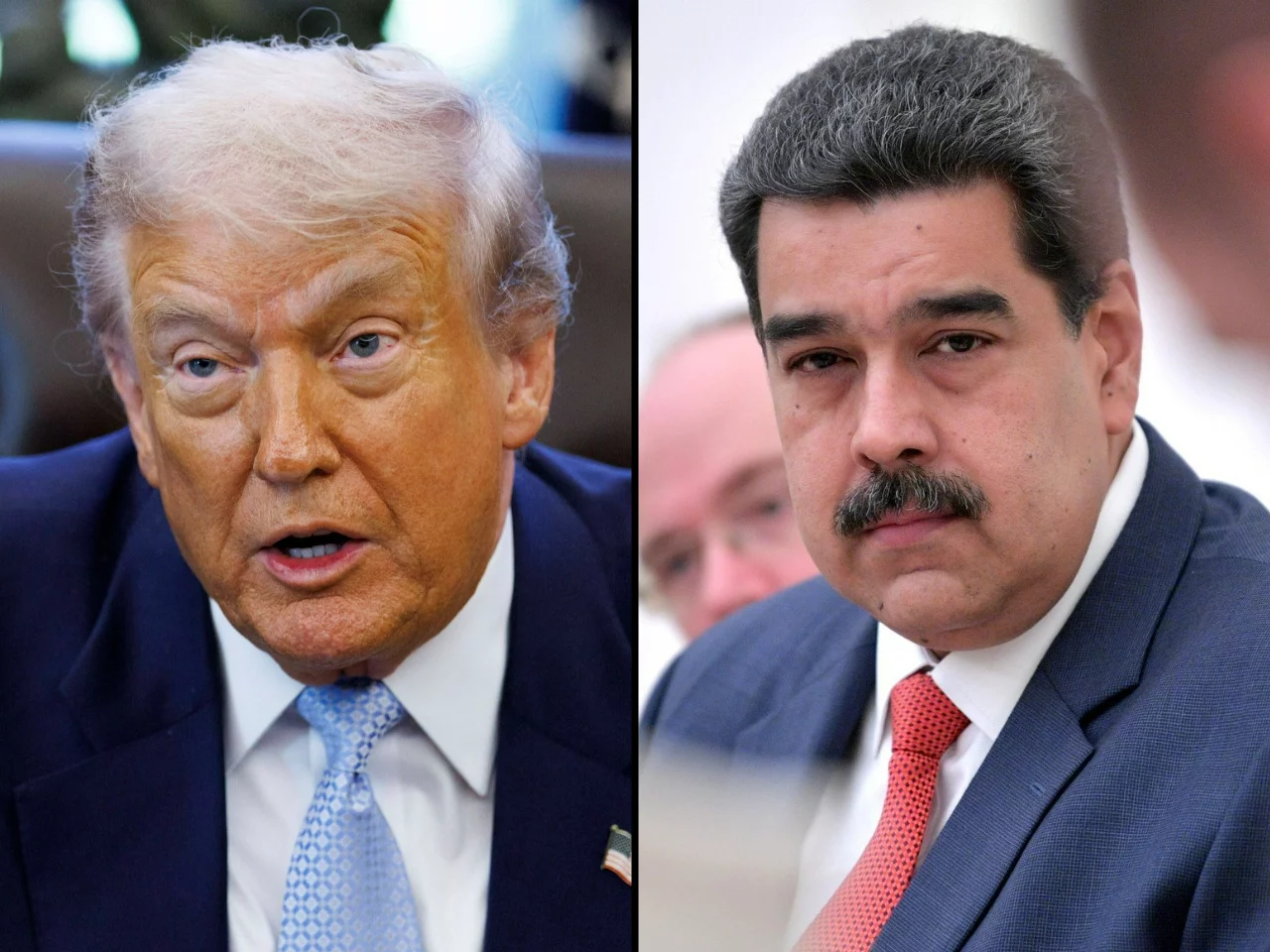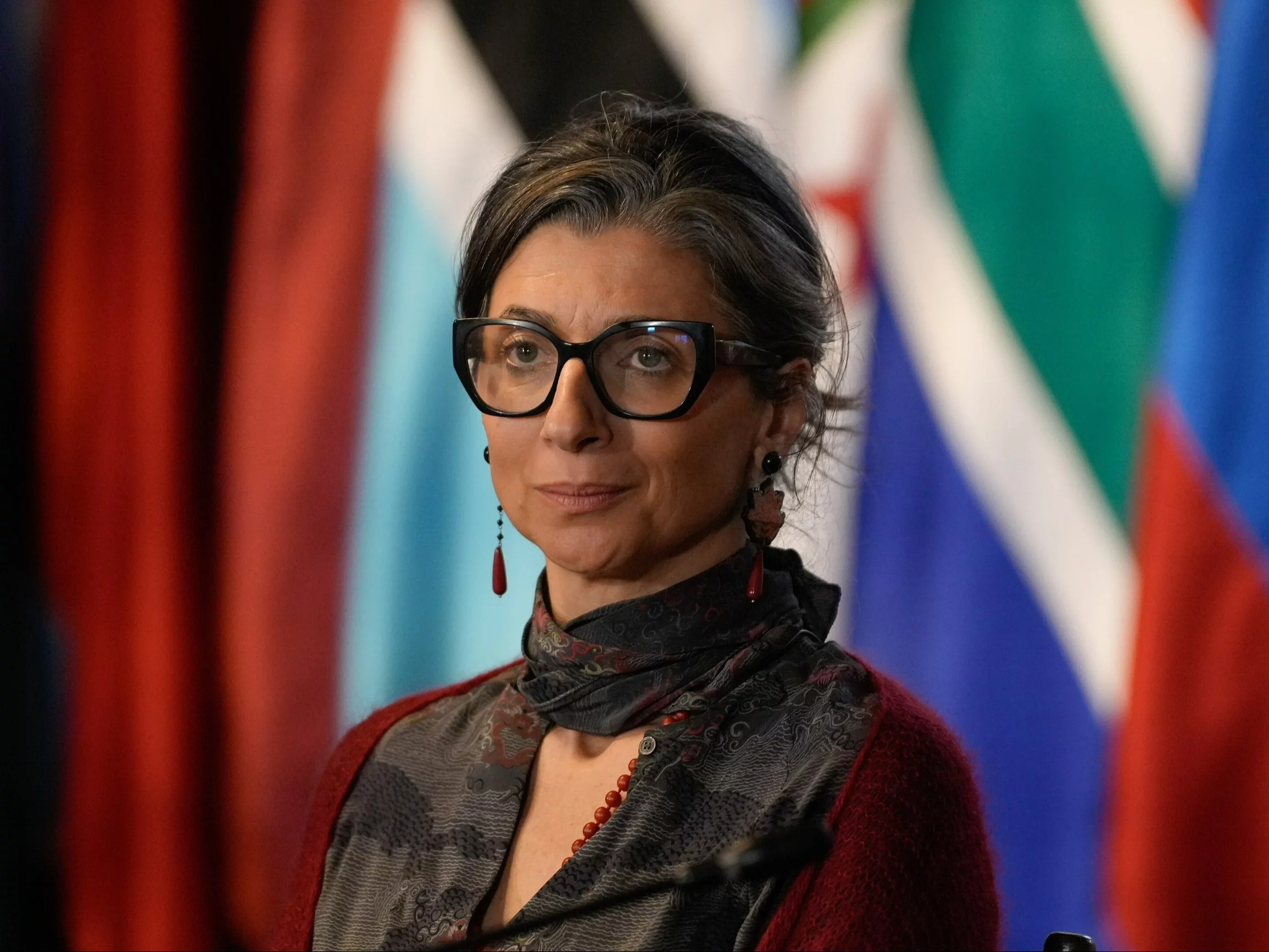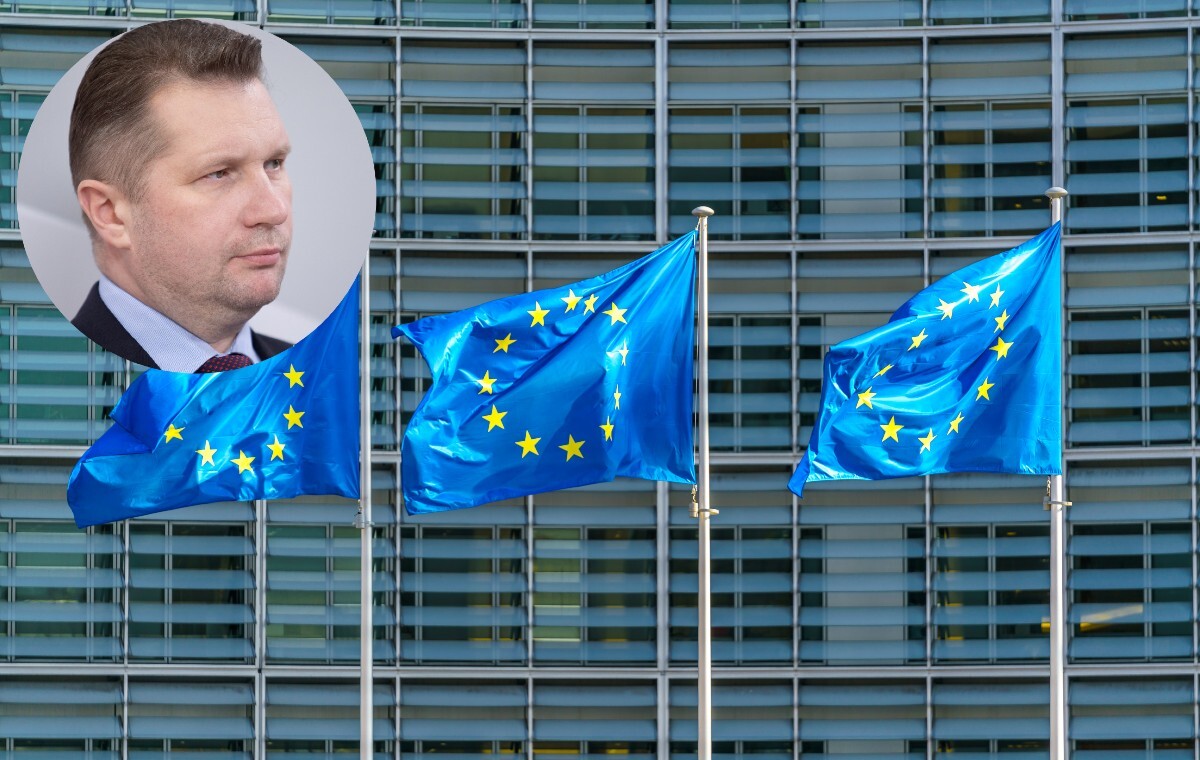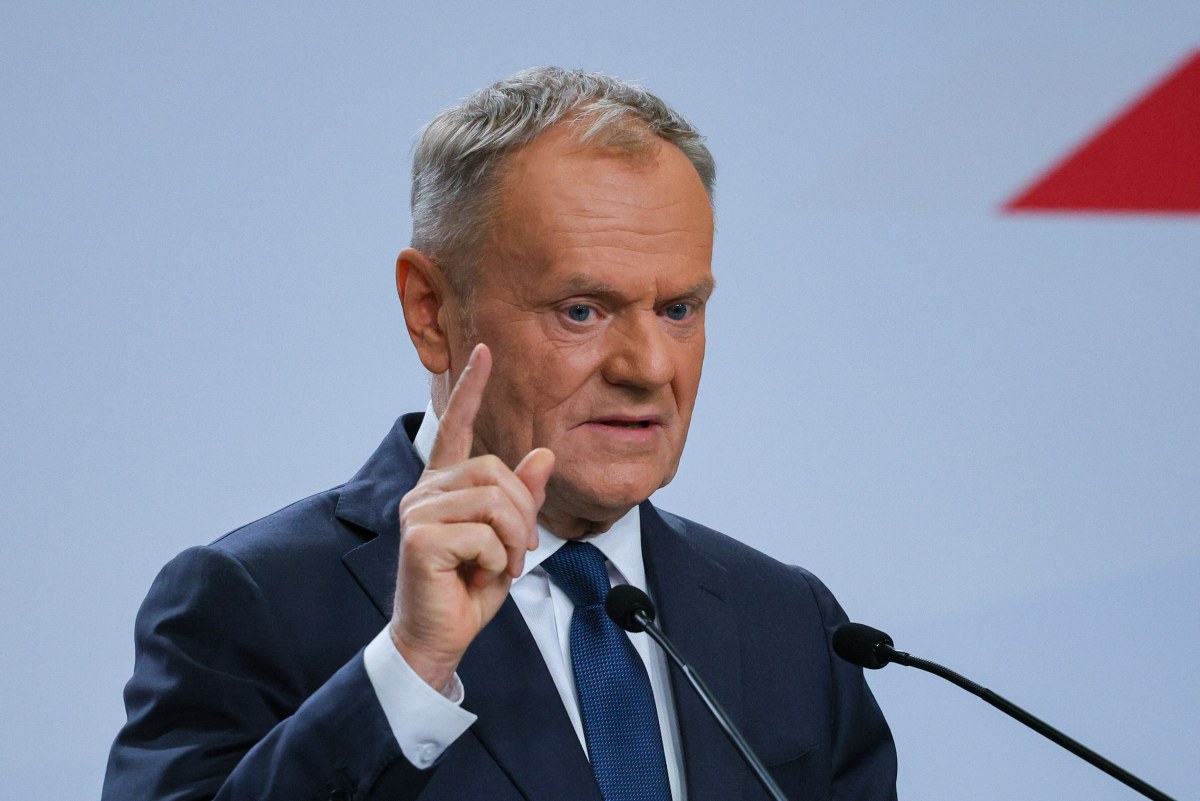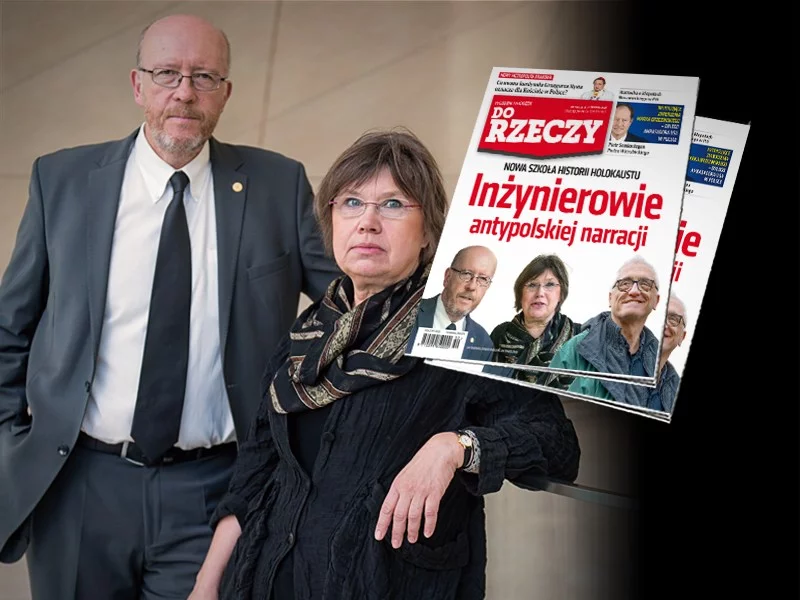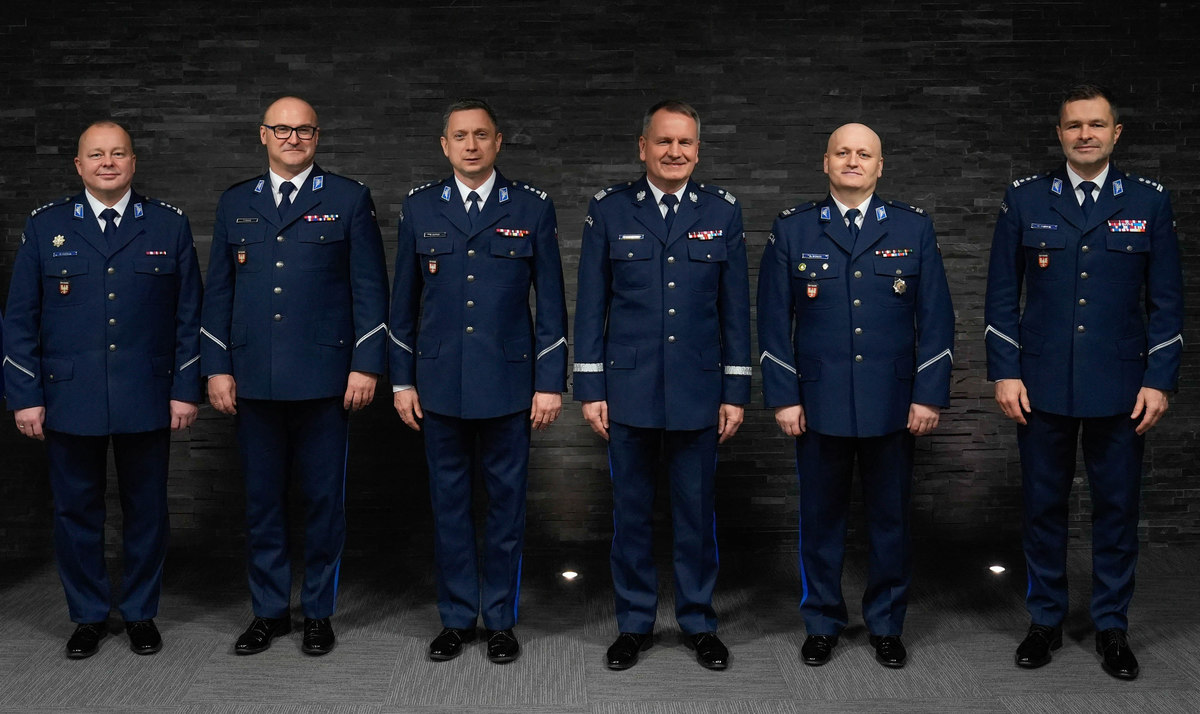
Коломбо Правительство Шри-Ланки отменило решение предыдущей администрации о приватизации SriLankan Airlines (UL), согласно заявлению президентского отдела СМИ.
Должностные лица будут поддерживать его в качестве национального перевозчика при осуществлении Новая структура управления направленных на достижение рентабельности.
 Авиакомпания SriLankan Airlines, составленная авиакомпанией A2Z
Авиакомпания SriLankan Airlines, составленная авиакомпанией A2ZПлан приватизации авиакомпании SriLankan Airlines отменен
Президент Анура Кумара Дисанаяке рассказал об этом изменении политики во время встречи на высоком уровне с высокопоставленными должностными лицами авиакомпании Sri Lankan Airlines в Секретариате президента.
Дискуссии были сосредоточены на разработке устойчивого будущего для авиакомпании путем реформ, направленных на повышение рентабельности, сокращение задолженности и увеличение прибыли. Новые инвестиционные возможности.
Президент Дисанаяке подчеркнул необходимость принятия незамедлительных мер по реструктуризации систем управления и эксплуатации. Несмотря на недавнюю операционную прибыль, авиакомпания остается одним из самых финансово проблемных государственных предприятий страны из-за многолетнего плохого управления.
"Шриланкан Авиакомпании должны быть перестроены в прибыльный национальный перевозчик, который обслуживает как общественность, так и экономические цели страны. "
Анура Кумара Дисанаяке, Президент, Шри-Ланка
Президент призвал руководителей авиакомпаний принять смелые и практические меры по превращению перевозчика в успешный, самодостаточный государственный актив.
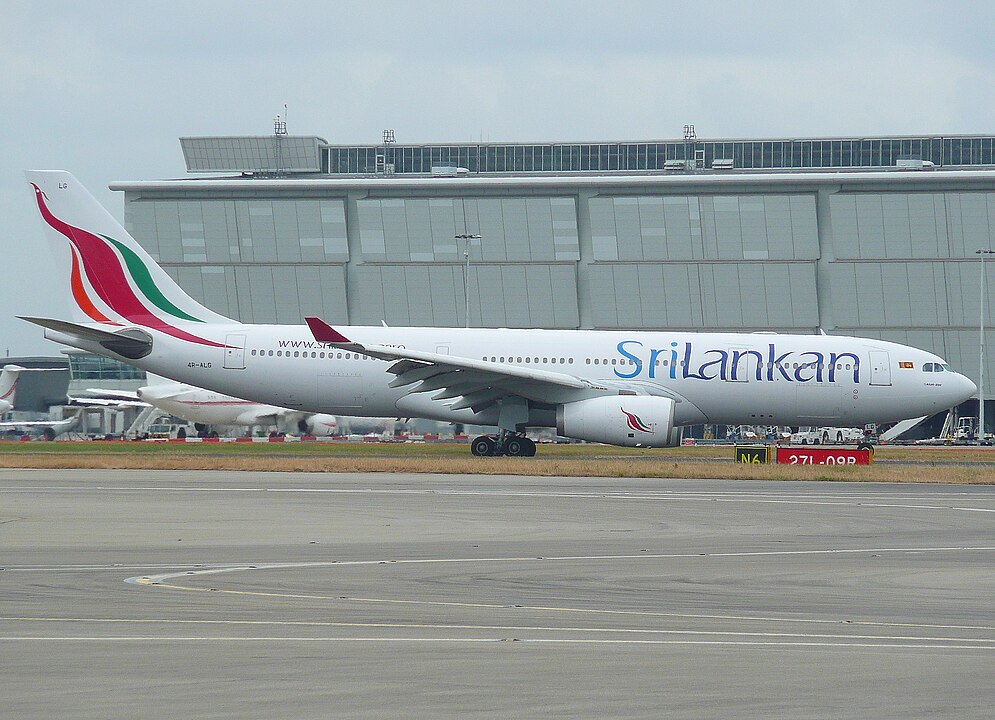 Фото: Джон Таггарт; Wikimedia Commons
Фото: Джон Таггарт; Wikimedia CommonsПредыдущие усилия по приватизации
Авиакомпания SriLankan Airlines (UL) планировалась к приватизации в рамках более широких экономических реформ.
В течение многих лет авиакомпания боролась со значительными финансовыми проблемами, накапливая значительный долг, сталкиваясь с интенсивной конкуренцией со стороны крупных региональных перевозчиков.
План приватизации появился после серьезного экономического кризиса в Шри-Ланке, который начался в 2022 году, что заставило страну искать новые возможности. Международный валютный фонд (МВФ) Поддержка. Продажа национального перевозчика считалась важным шагом на пути к сокращению государственного долга и прекращению государственных субсидий убыточным предприятиям.
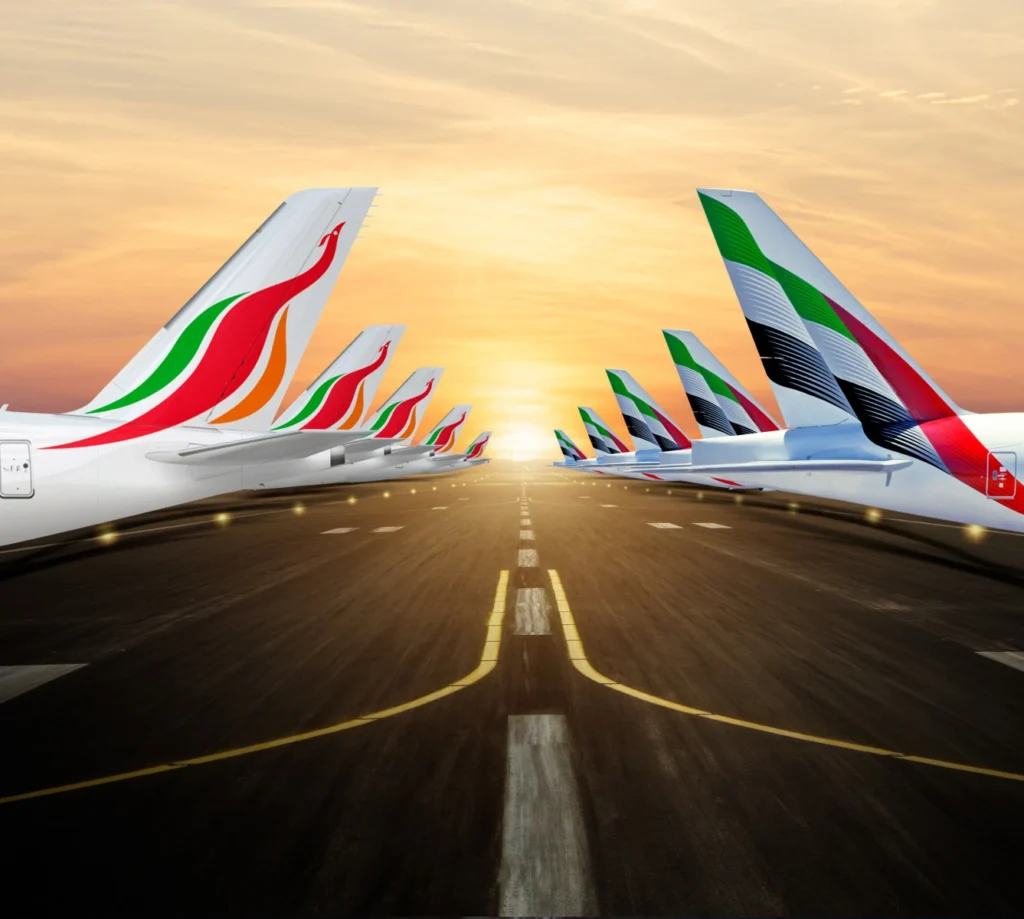 Эмирейтс и SriLankan Airlines; Фото Эмирейтс
Эмирейтс и SriLankan Airlines; Фото ЭмирейтсФинансовые проблемы SriLankan Airlines
Авиакомпания SriLankan Airlines (UL) уже более десяти лет сталкивается с растущими финансовыми трудностями. Авиакомпания Emirates (EK) прекратила свою деятельность Договор об управлении в 2008 годуПеревозчик действовал под полным государственным контролем с непоследовательными финансовыми показателями. Накопленные потери оказали значительное давление на государственные финансы Шри-Ланки.
Проблемы авиакомпании усилились во время пандемии COVID-19, когда глобальные ограничения на поездки опустошили авиационную промышленность. В то время как многие международные перевозчики получили правительственную помощь, экономический кризис Шри-Ланки ограничил ее способность оказывать аналогичную поддержку.
Несмотря на эти препятствия, авиакомпания сохранила маршруты, соединяющие Шри-Ланку с ключевыми международными направлениями. Азия, Ближний Восток, и ЕвропаОн служит важным шлюзом для туристической индустрии страны.
 Источник: Credits to Creator
Источник: Credits to CreatorПерспективы будущего
Новый подход правительства направлен на сохранение национальной собственности при проведении существенных внутренних реформ.
Официальные лица пока не представили подробных конкретных изменений в структуре управления или оперативной стратегии, которые будут способствовать обещанному повороту.
Авиационные эксперты отмечают, что успешная реформа потребует решения многочисленных проблем, в том числе модернизация флота, оптимизация маршрутов, и Повышение эффективности работыВсе это при управлении существующей долговой нагрузкой авиакомпании.
Оставайтесь с нами. Следуйте за нами в социальных сетях для последних обновлений.
Присоединяйтесь к нам в Telegram Group для последних обновлений авиации. Следуйте за нами в Google News
SriLankan Airlines за 5 лет покорила флот из 50 самолетов
Правительство Шри-Ланки отменило план приватизации авиакомпании SriLankan Airlines, впервые появившийся на Aviation A2Z.



